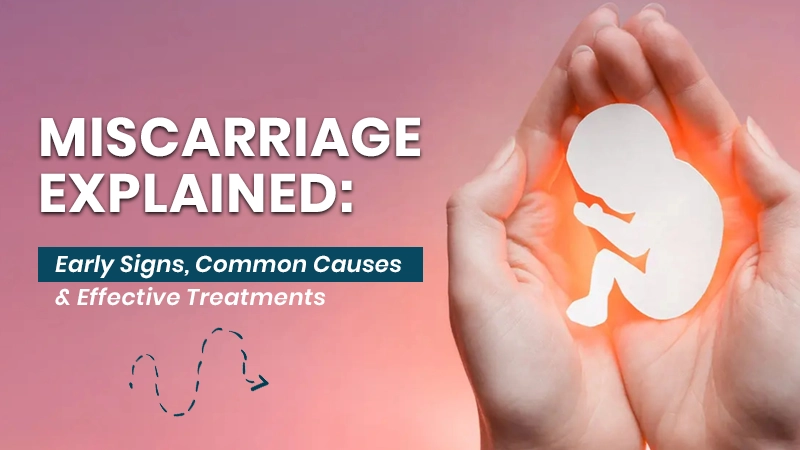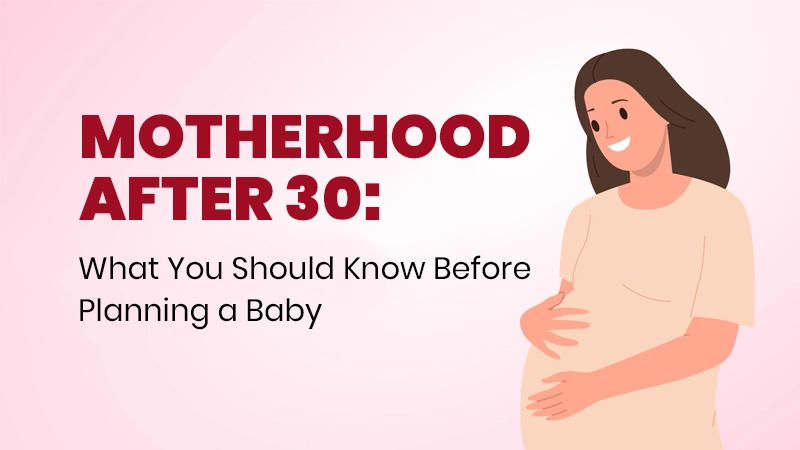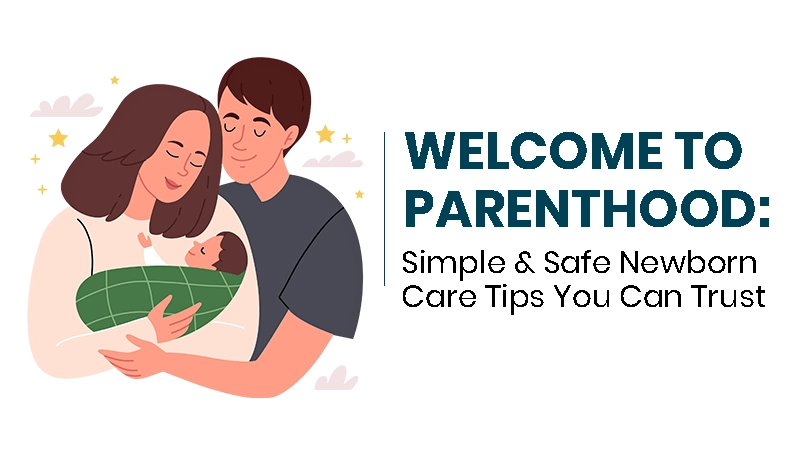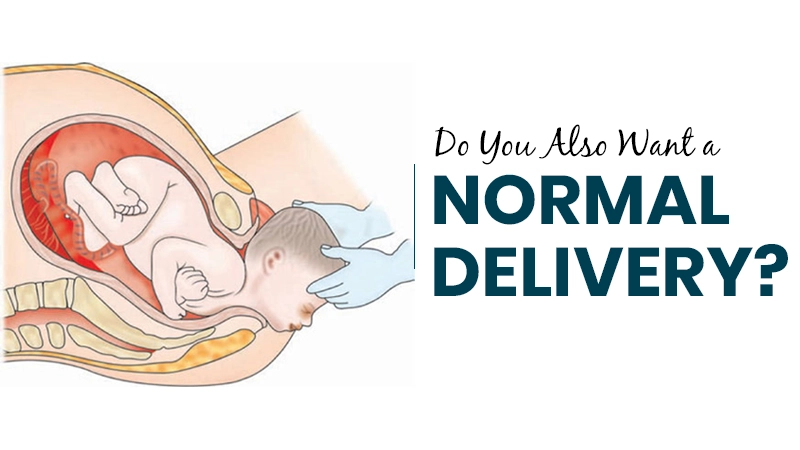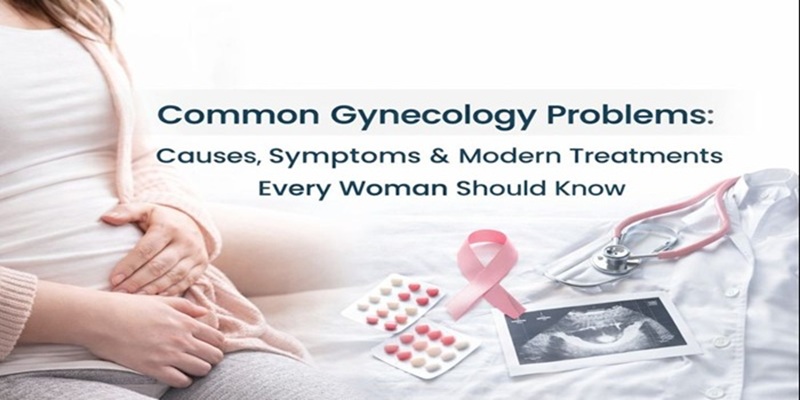Greater Noida is a busy city with many world-class medical services, includin...

- Plot No. 813, Behind Ace City Sector 1, Greater Noida-201306
- 24x7 Available For Your Care
- +91 83838 00553
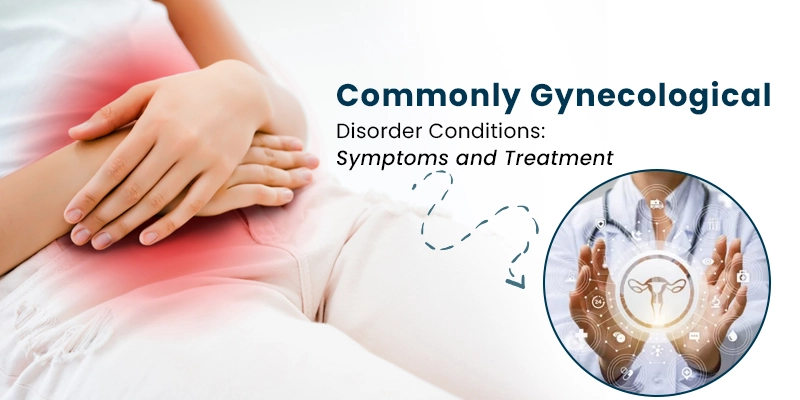
- Jul 14, 2025
- Admin
Commonly Gynecological Disorder Conditions: Symptoms and Treatment
Commonly Gynecological Disorder Conditions: Symptoms and Treatment
Gynecological disorders are common among women of all ages. Early detection and treatment by a female gynaecologist in Greater Noida can help avoid complications. Many women ignore early signs, thinking it's normal. But recognizing symptoms early makes treatment easier and faster.
Gynecological Problems and Disorders – What You Should Know
Most women experience some form of gynecological problem during their lifetime. It could be something as common as pain during periods or more serious conditions that need medical attention.
Often, pelvic pain is seen as a normal part of the menstrual cycle. But sometimes, it can be confused with other health issues like constipation, urinary infections, or even muscle strain. That’s why it’s important to pay attention to the type, duration, and frequency of the pain.
Common Symptoms of Gynecological Disorders
Different gynecological conditions can cause similar symptoms, such as:
- Irregular or heavy periods
- Spotting between periods
- Bleeding after intercourse
- Pain in the pelvic area
- Lower back pain
These symptoms should not be ignored. Pelvic pain, in particular, may point to a more serious issue that needs treatment.
What Is a Gynecological Disorder?
A gynecological disorder is any condition that affects a woman’s reproductive organs. This includes the uterus (womb), ovaries, fallopian tubes, vagina, vulva, and breasts. These conditions can affect your menstrual cycle, fertility, and overall health.
Getting regular check-ups and early screening helps in detecting problems before they become serious. Treatment depends on the condition but can include medication, lifestyle changes, or minor procedures.
If you're experiencing any discomfort or symptoms, it's always best to consult a qualified gynecologist for the right diagnosis and care.
Gynecological Disorder Conditions: Symptoms with Treatment
1. Irregular Periods
Irregular periods are one of the most common issues women face. They may occur due to stress, PCOS, thyroid issues, or hormonal imbalance.
Symptoms:
Missed or delayed periods
Heavy or light flow
Spotting between periods
Treatment:
A top gynaecologist in Greater Noida will check hormone levels, perform an ultrasound, and suggest medications or lifestyle changes.
2. Polycystic Ovary Syndrome (PCOS)
PCOS affects hormone levels and leads to irregular periods, acne, and weight gain.
Symptoms:
Irregular or missed periods
Facial hair growth
Oily skin or acne
Difficulty in losing weight
Treatment:
Doctors usually advise lifestyle changes, weight management, and hormonal medicines to manage PCOS effectively.
3. Vaginal Infections
Infections such as yeast infections or bacterial vaginosis are common and need quick attention.
Symptoms:
Itching or burning sensation
Unusual discharge
Foul smell
Treatment:
The female gynaecologist in Greater Noida may prescribe antifungal or antibacterial medicines after diagnosis.
4. Fibroids and Cysts
Fibroids are non-cancerous growths in the uterus. Ovarian cysts are fluid-filled sacs that can cause pain.
Symptoms:
Heavy bleeding during periods
Pelvic pain
Frequent urination
Treatment:
Mild cases need observation. Larger fibroids or painful cysts may need surgery or medication as advised by a top gynaecologist in Bisrakh Jalalpur Greater Noida.
5. Endometriosis
This condition happens when tissue similar to the uterine lining grows outside the uterus.
Symptoms:
Severe period pain
Pain during intercourse
Infertility
Treatment:
Treatment may include hormonal therapy, pain relief, or laparoscopic surgery depending on severity.
6. Pelvic Inflammatory Disease (PID)
PID is an infection of the female reproductive organs, often caused by untreated STDs.
Symptoms:
Lower belly pain
Fever
Unusual discharge
Treatment:
Doctors may prescribe antibiotics to stop the infection. Early treatment can prevent complications.
7. Menstrual Cramps
Painful periods or cramps affect many girls and women every month.
Symptoms:
Lower abdominal pain before or during periods
Pain in lower back or thighs
Treatment:
Painkillers, warm compresses, and light exercise help relieve pain. A gynaecologist may suggest further tests if the pain is severe.
When to See a Gynaecologist?
If you're facing any of the above symptoms or feel something is not right, consult a female gynaecologist in Greater Noida without delay. Regular check-ups with a top gynaecologist in Bisrakh Jalalpur Greater Noida can prevent many complications and ensure better reproductive health.
Your health matters. Never ignore the signs. Early action leads to better recovery.
If you're looking for trusted care, make sure to visit a reliable female gynaecologist in Greater Noida today.
Related News
Exploring the Effects of Fibroids on Female Health
Fibroids, or uterine leiomyomas, are benign tumours in or on the uterus. Thei...
The Ultimate Guide to Finding the Best Gynecologist in Greater Noida: Top Doctors, Services, and Tips
Finding the best gynaecologist is a crucial step in ensuring your health and ...
How to Choose the Best Gynaecologist Hospital in Noida-Greater Noida
Choosing the best gynaecologist hospital in Noida- Greater Noida can be a cha...
Signs of Preterm Labor: When to Seek Medical Help
Preterm labour, which occurs before 37 weeks of pregnancy, can lead to early ...
When Is It Safe to Travel During Pregnancy? A Trimester-by-Trimester Guide
According to the best gynaecologist in Noida Extension, travelling during pre...
Key Nutrients You Need During the First Trimester: Advice for Soon-to-Be Moms around Greater Noida and Noida
Hey there congratulations on the baby! Starting this amazing ride, you must b...
Do's and Don'ts During Pregnancy
Pregnancy is a beautiful and transformative journey, but it comes with signif...
What Causes Skin Darkening During Pregnancy? Discover the Surprising Reasons
(Dr Priya Shikha Modi, MBBS, MS, OBS, Gynec, Consultant Gynaecologist & H...
Hormonal Imbalance In Women Signs Causes And Natural Remedies
Hormonal Imbalance in Women: Signs, Causes & Natural Remedies
Hormones...
Best Maternity Hospital in Greater Noida & Noida Extension: A Complete Guide for Expecting Mothers
Which Hospital Is Best for Maternity?
When it comes ...
PCOD vs PCOS: Full Guide to Symptoms, Differences, and Treatment
What is the difference between PCOD and PCOS?
PCOD (...
Commonly Gynecological Disorder Conditions: Symptoms and Treatment
Commonly Gynecological Disorder Conditions: Symptoms and Treatment
Gy...
How to Choose the Best Pregnancy Hospital in Greater Noida
One of the most common searches for expecting couples is "What to consider wh...
Best Gynecologist Hospital in Greater Noida
Choosing the Best Gynecologist Hospital in Greater Noida is important for eve...
Best Hospital for Normal Delivery in Noida
Looking for the Best Hospital for Normal Delivery in Noida ? Choosing the rig...
Early Pregnancy Precautions: of Pregnancy 1st Trimester
The first trimester is a delicate and important phase of pregnancy. Knowing t...
Pregnancy with Ovarian Cysts: Safe Treatment Solutions in Greater Noida
Finding out you are pregnant brings joy, excitement, and sometimes a little w...
Premature (preterm) Birth: Symptoms, Causes, and Treatment Care Tips for Premature Babies
Premature birth is uncommon, as only a small number of babies are born too ea...
Exercise During Pregnancy: Benefits Safety and Guidelines
Exercising during pregnancy is safe for most w...
Early Pregnancy Care: Precautions & Signs of a Healthy First Trimester
The first few weeks of pregnancy are very special yet delicate. Taking the ri...
Gynecologist Near Me with Fees – Find the Right Women’s Health Expert
Searching for a gynecologist near me with fees is one of the most common quer...
High-Risk Pregnancy Care in Greater Noida
Pregnancy is a beautiful phase in every woman’s life, but sometimes it ...
Top Gynecological Problems Women Face & How to Manage Them
Gynecological health is very important for every woman. Many females experien...
Understanding Miscarriage: Symptoms, Causes & Treatment
A miscarriage can be an emotionally painful and confusing experience for any ...
Motherhood After 30: What You Should Know Before Planning a Baby
Having a baby after 30 is increasingly common—and for many women, it&rs...
Travel Tips During Pregnancy: A Safe and Comfortable Guide for Moms-to-Be
Pregnancy is a beautiful journey, and many women continue to travel for work,...
Welcome to Parenthood: Simple & Safe Newborn Care Tips You Can Trust
Welcoming a newborn into your life is a beautiful and emotional journey. Alon...
Do You Also Want a Normal Delivery?
If you are expecting a baby, one common question comes to mind: Do you also w...
Find the Best Gynecologist in Greater Noida West – Expert Care for Every Woman
Finding a trusted gynecologist in Greater Noida West is essential for women&r...
Common Gynecology Problems: Causes, Symptoms & Modern Treatments Every Woman Should Know
Women experience different health challenges at every stage of life—fro...


25,000 Happy Patients

Modern & Cost-Effective Medical Facilities

19 Medical Specialties



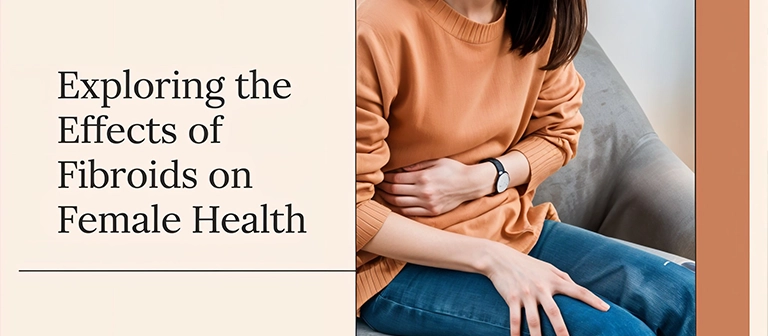

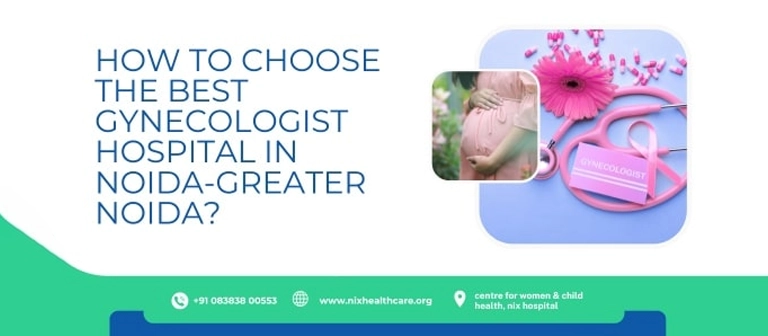
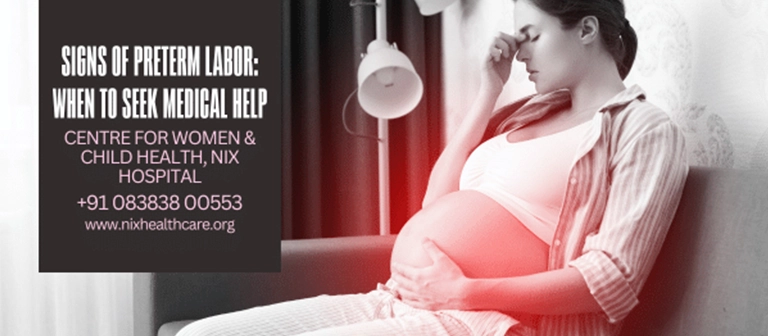





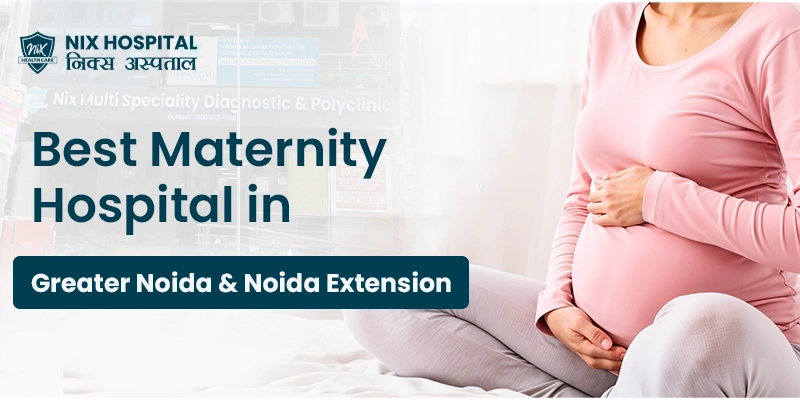
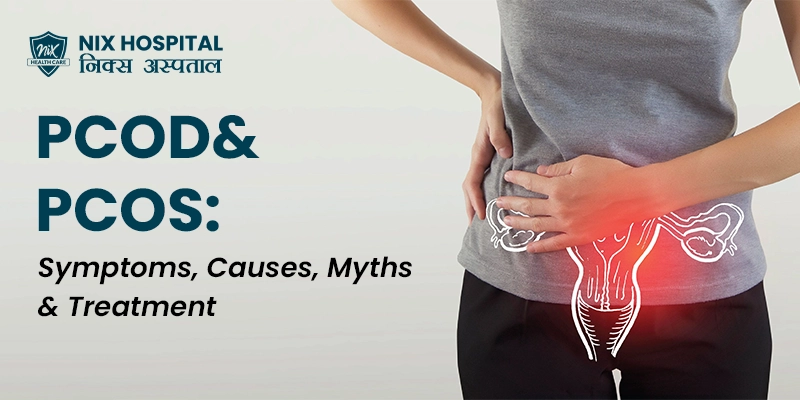
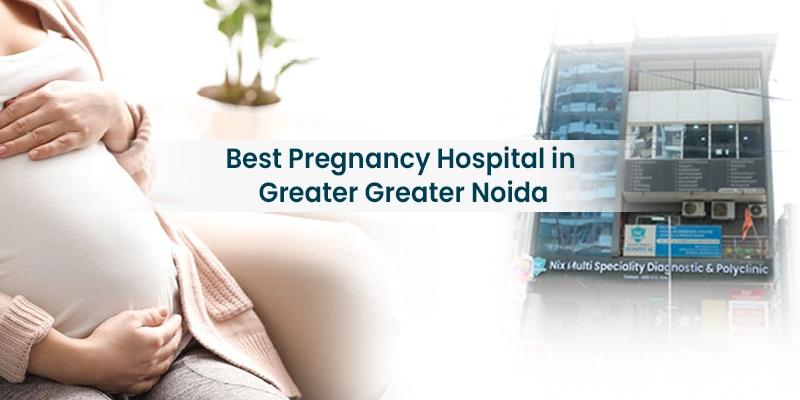

.webp)

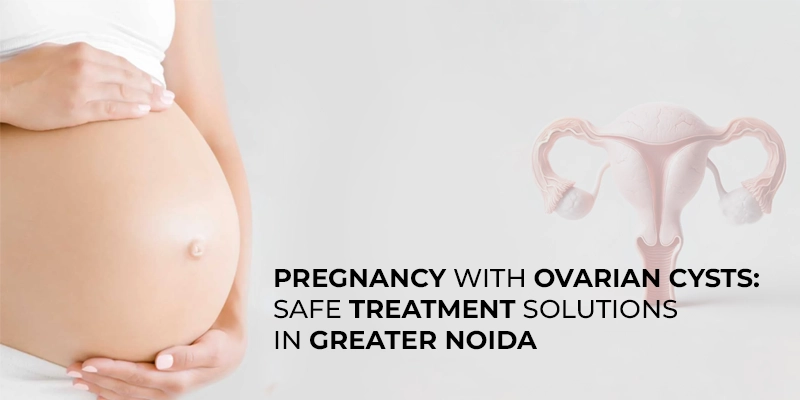
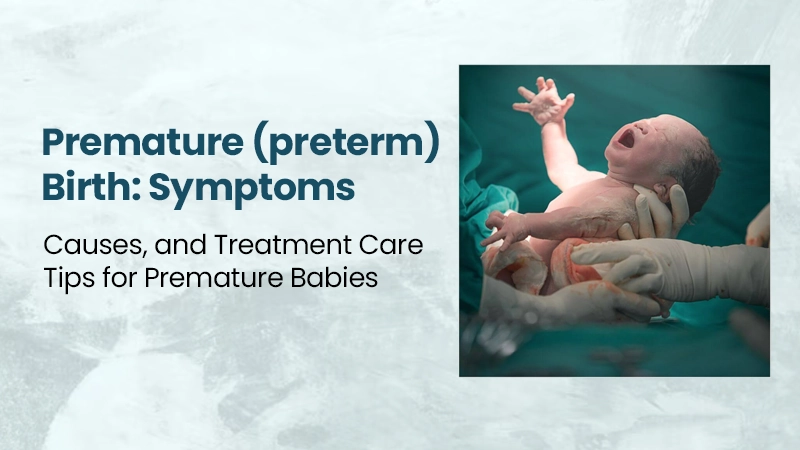

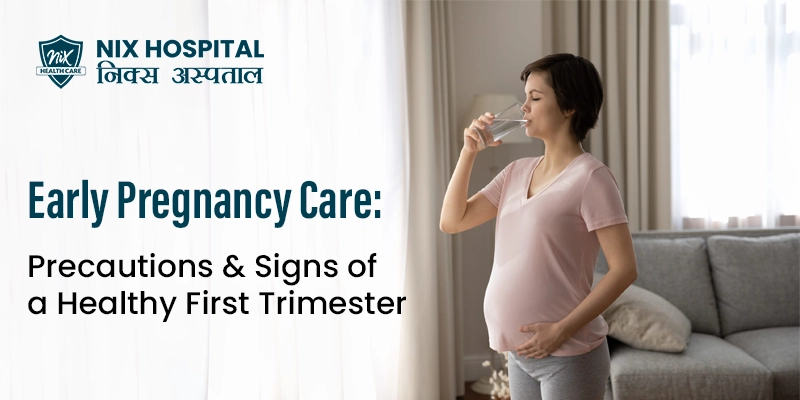

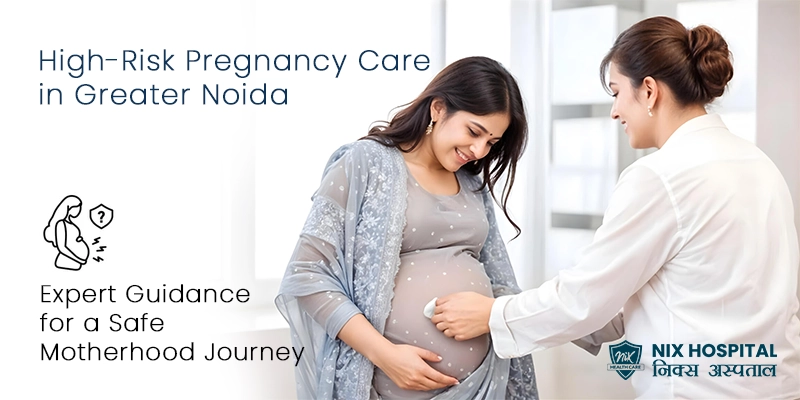
.webp)
